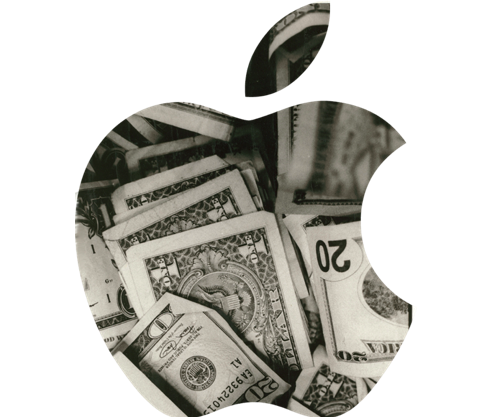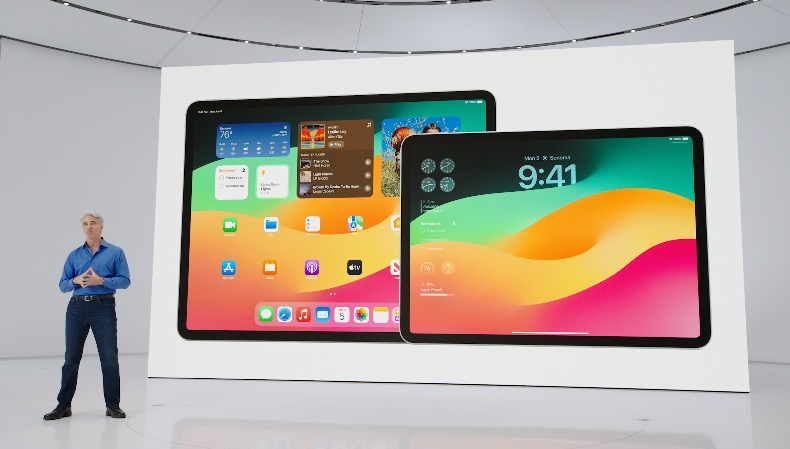
Apple Poses Competitive Threat to Financial Services Says Bank Chief
Speaking at the G100 Congress in Sydney, Commonwealth Bank CEO Ian Narev pointed to technology companies like Apple as a threat to the banking system. But can Apple really become a bank?

“We consider we have got very, very good competitors in the major banks, we have got very good competitors in the next tier banks,” he said. However, he isn’t just worried about other banks, but also technology firms who are already cash-rich and international.
In fact, Apple has more than 500 million active iTunes accounts across the globe, with each one linked to a credit card. And Apple has several patents already describing the iWallet’s security measures, and possible situation scenarios.
Now in a possible scenario laid down by Jonny Evans of Computerworld, Apple will likely offer a mobile payment solution. That involves exposing itself to some credit-related risk simply because payments will be applied to the iTunes user’s credit card?similar to a Paypal Here® setup.
But this isn’t what Apple is likely to offer. Since it now has direct access to loan markets, it would take just one step for Apple to set up a new business unit offering consumer credit deals. And obtaining consumer credit directly from Apple would be no different than receiving it from a third party.
If you know Apple you’ll know it will start such a system in a small way. It is easy to imagine that the company (now equipped with debt market credentials) might launch a new business unit tasked with offering consumer credit deals for those purchasing new Macs or other Apple kit. The company is already close to achieving this in conjunction with credit agencies and its Apple Financing system — but does it really need third party credit now it has direct access to credit/loan markets?
Consumers would see no difference between a purchase deal with Apple and those offered by anyone else. Apple would see one big difference — it would keep the interest paid for the loan. Apple likes to take a slice of every transaction across its value chain, after all — for evidence of this, just look at the evolution of the Apple retail chain or Mac App Store.
In time the company might begin to offer consumer credit deals for non-Apple kit. It could even emulate Google’s ditched plan to launch a conventional credit card. Sure, banks would remain in business caring for customer accounts, but Apple would be taking a slice of every transaction on top of those accounts.
Although this is just one possible scenario, it is viable using current technology. It doesn’t transform Apple into a bank, but it would enable a more convenient choice for customers.
What Narev is pointing out is that the banking sector should prepare itself for something like this.
“We’ve also got to remember what the world went over the last four or five years and realise that there must continue to be minimum standards that apply to any institution, no matter what it calls itself, that is entrusted with accepting money from the public,” warned Narev, though he hasn’t defined those standards.
“That will be interesting to watch.”

